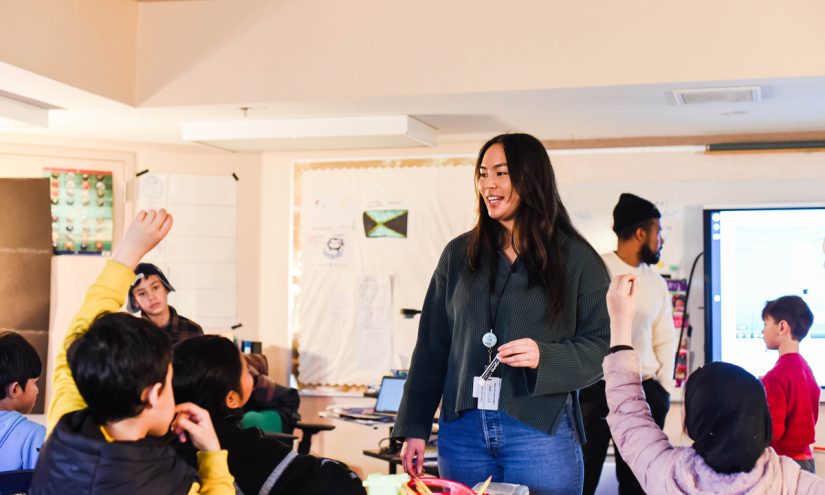- Playground Post
- Posts
- 🛝 Teacher Mentor Programs, AI Challenges, Student-Directed Curriculum
🛝 Teacher Mentor Programs, AI Challenges, Student-Directed Curriculum
Welcome to Playground Post, a bi-weekly newsletter that keeps education innovators ahead of what’s next.
Here’s what we have on deck for today…
The benefit of mentor programs for teachers

According to research from the CALDER Center, new teachers working with top mentors perform like they have two years of experience.
This finding drives a growing shift toward medical-style residencies where teacher candidates work in classrooms while receiving ongoing coaching.
With novice teachers now making up the largest portion of the workforce, there's a clear opportunity to develop systems that match apprentices with effective mentors and provide specific teaching techniques rather than general guidance.
Teachers want AI tools but lack support

Teachers see AI's future in education, but can't get there alone.
While 96% of teachers believe AI will become essential to education within ten years, a staggering 97% lack the resources to integrate it into their STEM curriculum, according to Samsung's recent survey.
Many teachers are already trying, with 53% using AI for interactive learning, personalized experiences, and performance analysis. But they need help — specifically professional development, updated materials, industry partnerships, and better technology.
For education innovators, this gap presents a clear opportunity to develop teacher training programs and curriculum resources that address these integration challenges, especially since only 36% of teachers feel their current curriculum adequately covers emerging tech trends.
Advantages of student-directed curriculum

When AP Statistics teacher Dashiell Young-Saver asked students what they wanted to learn, the pass rate jumped from 2% to 42%.
Students were bored with textbook problems about battery lifetimes and watermelons. Young-Saver discovered they wanted to explore topics directly affecting their lives: gerrymandering, social media, and food deserts.
"Traditional textbook problems were contrived and infantilizing," says Young-Saver, who founded Skew the Script to develop a student-directed curriculum.
The nonprofit now reaches 400,000 students through 20,000 teachers.
For education innovators, this reveals a clear opportunity: create platforms that connect abstract mathematical concepts to topics students already care about — showing value right now rather than someday.
If you enjoyed this edition of Playground Post, please share it with your friends!
We’ll be back with another edition on Tuesday. See you then!
To stay up-to-date on all things education innovation, visit us at playgroundpost.com.
What did you think of today’s edition? |